Let’s explore the top 18 types of milk and what makes each unique.
There are many different milks on the market now a days. With a wide variety of dairy and plant-based options, it’s easier than ever to find a milk that fits your taste, dietary preferences, and nutritional goals.
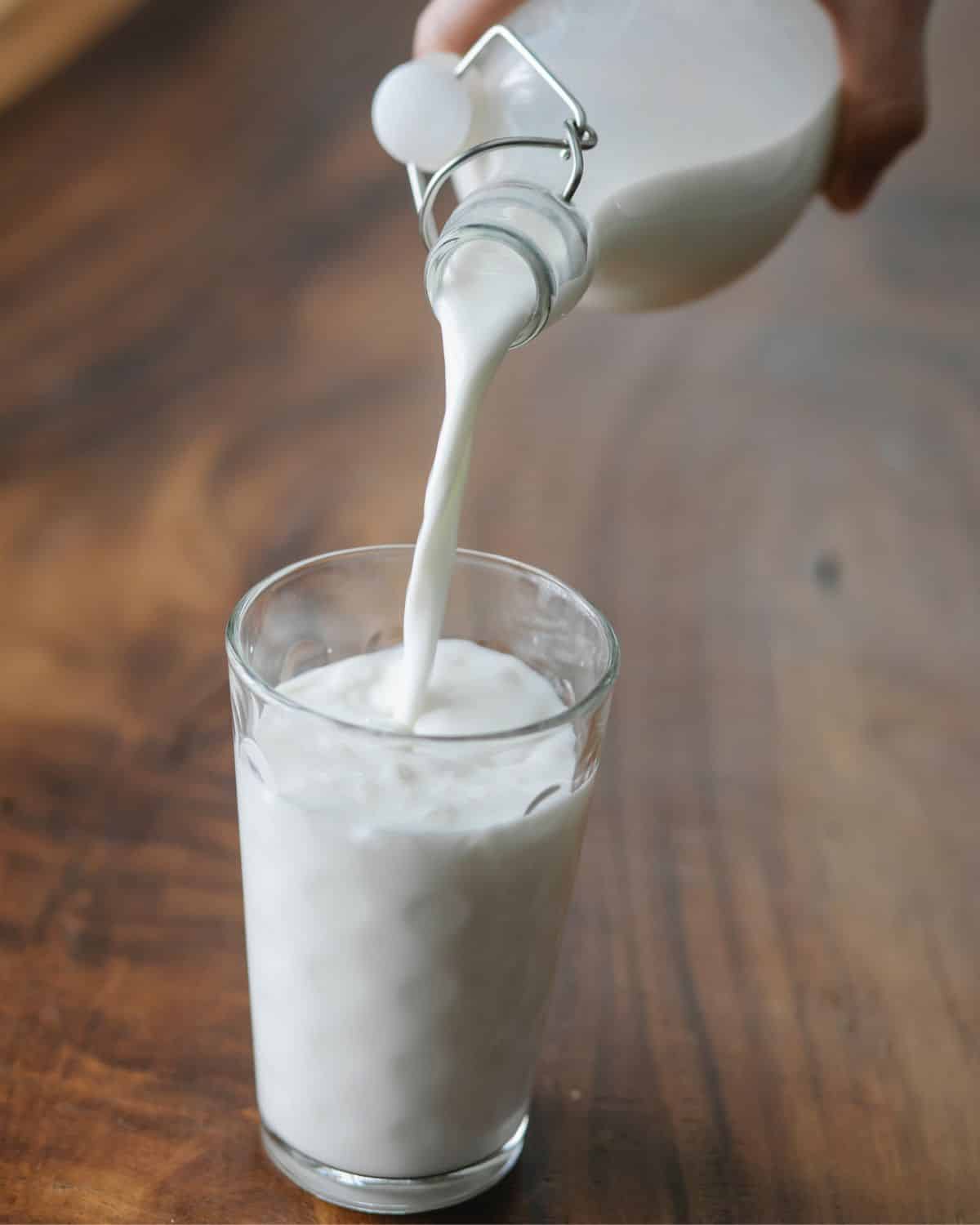
18 Types of Milk
Animal Based Milk
1. Whole Milk
- What It Is: Traditional cow’s milk with its full fat content (about 3.25%).
- Best For: Baking, creamy soups, or drinking straight.
- Nutritional Highlights: Rich in calcium, vitamin D, and about 8 grams of protein per cup.
2. 2% Milk
- What It Is: A lower-fat version of cow’s milk, with 2% milk fat.
- Best For: A balanced option for those who want creaminess without the full fat.
- Nutritional Highlights: Similar calcium and protein to whole milk, with fewer calories and fat.
3. Skim Milk
- What It Is: Cow’s milk with nearly all the fat removed.
- Best For: Smoothies, cereal, or drinking straight.
- Nutritional Highlights: Low in calories and fat but still offers calcium, vitamin D, and about 8 grams of protein per cup.
4. Lactose-Free Milk
- What It Is: Cow’s milk treated with lactase enzyme to break down lactose, making it easier to digest.
- Best For: People with lactose intolerance.
- Nutritional Highlights: Same nutrients as regular milk, minus the lactose.
5. Goat Milk
- What It Is: A creamy, tangy milk alternative with smaller fat molecules for easier digestion. Comes in differences percentages of fat. (3.25%, 2%, 1%)
- Best For: Drinking straight, cheese-making, or those sensitive to cow’s milk.
- Nutritional Highlights: High in protein, calcium, and vitamin A.
6. Sheep Milk
- What It Is: A nutrient-dense milk with a rich, creamy texture.
- Best For: Cheese-making (like feta and ricotta) and drinking for added nutrition.
- Nutritional Highlights: Higher in protein, calcium, and fat than cow or goat milk.
7. A2 Milk
- What It Is: Cow’s milk containing only A2 beta-casein protein, thought to be easier on digestion.
- Best For: Those who experience discomfort with regular milk but aren’t lactose-intolerant.
- Nutritional Highlights: Offers the same calcium, protein, and vitamins as regular milk.
Plant Based Milks
8. Almond Milk
- What It Is: A light, nutty, plant-based milk made by blending almonds with water.
- Best For: Smoothies, coffee, and cereal.
- Nutritional Highlights: Low in calories but lacks protein compared to dairy milk. Often fortified with calcium and vitamin D.
9. Soy Milk
- What It Is: A creamy, protein-rich milk made from soaked and blended soybeans.
- Best For: Coffee, cooking, and as a dairy milk substitute.
- Nutritional Highlights: Comparable to dairy milk in protein, often fortified with calcium, vitamin D, and B12.
10. Oat Milk
- What It Is: A creamy, slightly sweet milk made by blending oats with water.
- Best For: Lattes, baking, or drinking straight.
- Nutritional Highlights: Contains fibre and beta-glucans, which may support heart health. Often fortified with vitamins and minerals. Low in protein.
11. Coconut Milk
- What It Is: A tropical milk made from coconut flesh blended with water.
- Best For: Curries, desserts, or creamy beverages.
- Nutritional Highlights: Higher in fat than other plant-based milks but low in carbs.
12. Rice Milk
- What It Is: A naturally sweet milk made from milled rice and water.
- Best For: People with allergies to nuts, soy, or dairy.
- Nutritional Highlights: Low in protein and often fortified with calcium and vitamin D.
13. Cashew Milk
- What It Is: A smooth, creamy milk made by blending cashews with water.
- Best For: Coffee, soups, or desserts.
- Nutritional Highlights: Rich in healthy fats but low in protein. Often fortified.
14. Hemp Milk
- What It Is: A nutty-flavoured milk made from hemp seeds and water.
- Best For: Smoothies, cereals, and plant-based diets.
- Nutritional Highlights: Naturally contains omega-3 and omega-6 fatty acids, along with some protein.
15. Macadamia Milk
- What It Is: A luxurious, buttery milk made from macadamia nuts.
- Best For: Coffee or creamy dishes.
- Nutritional Highlights: High in monounsaturated fats, but low in protein.
16. Pea Milk
- What It Is: A creamy, neutral milk made from yellow peas.
- Best For: Lattes, smoothies, or as a protein-rich plant-based option.
- Nutritional Highlights: High in protein, comparable to soy milk, and often fortified with calcium and vitamins.
17. Flax Milk
- What It Is: A mild, nutty milk made from flaxseeds and water.
- Best For: Smoothies, cereals, or drinking straight.
- Nutritional Highlights: Contains omega-3 fatty acids, low in calories, and often fortified.
18. Quinoa Milk
- What It Is: An earthy, slightly sweet milk made from quinoa and water.
- Best For: Smoothies or cooking as a hypoallergenic option.
- Nutritional Highlights: Provides small amounts of protein and essential amino acids.
Choosing the Right Milk for You
Whether you’re looking for a protein-rich option, a dairy alternative, there’s a type of milk to suit your needs.
By understanding the flavour, nutritional profile, and best uses of these 18 types of milk, you can find the perfect match for your lifestyle.


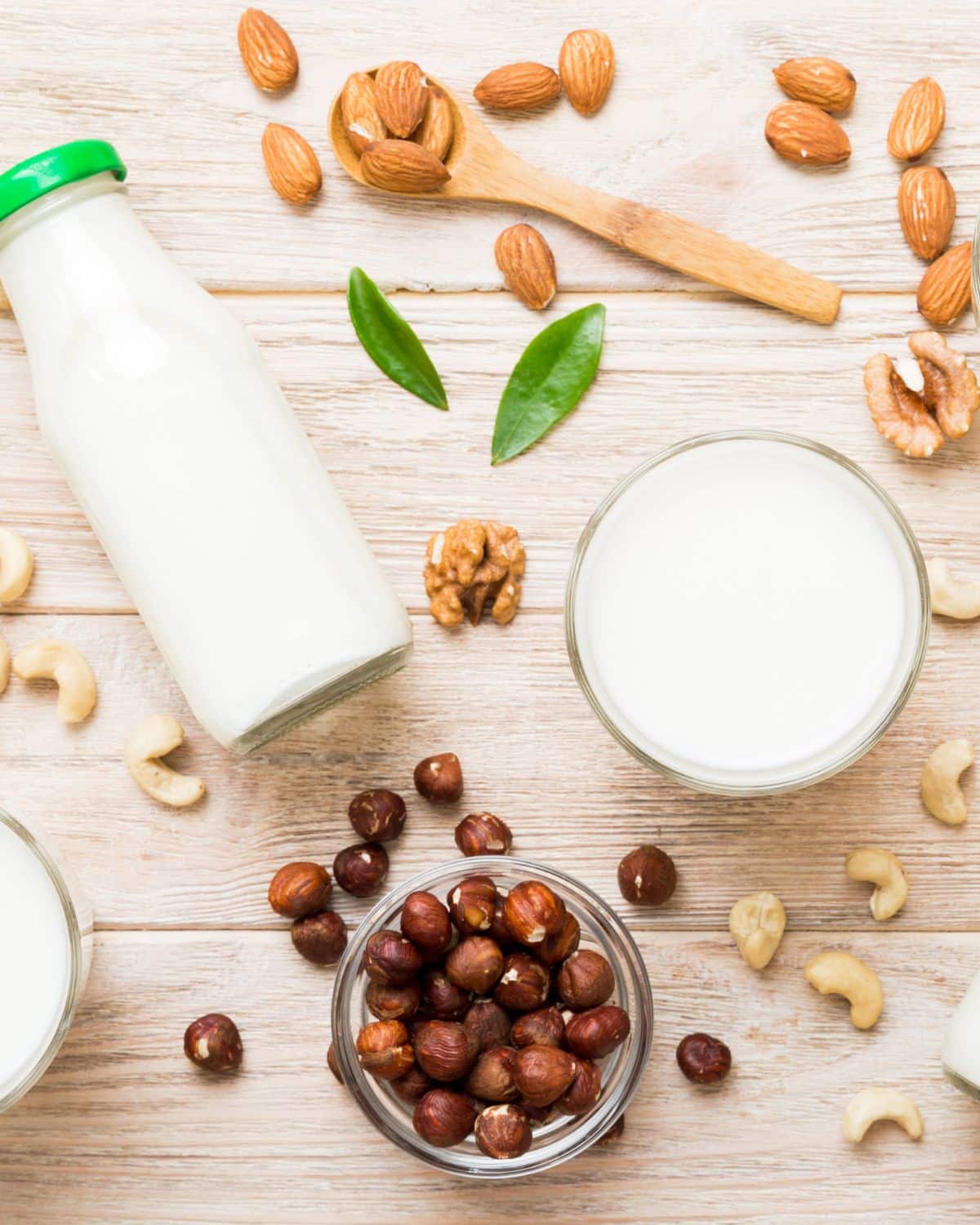

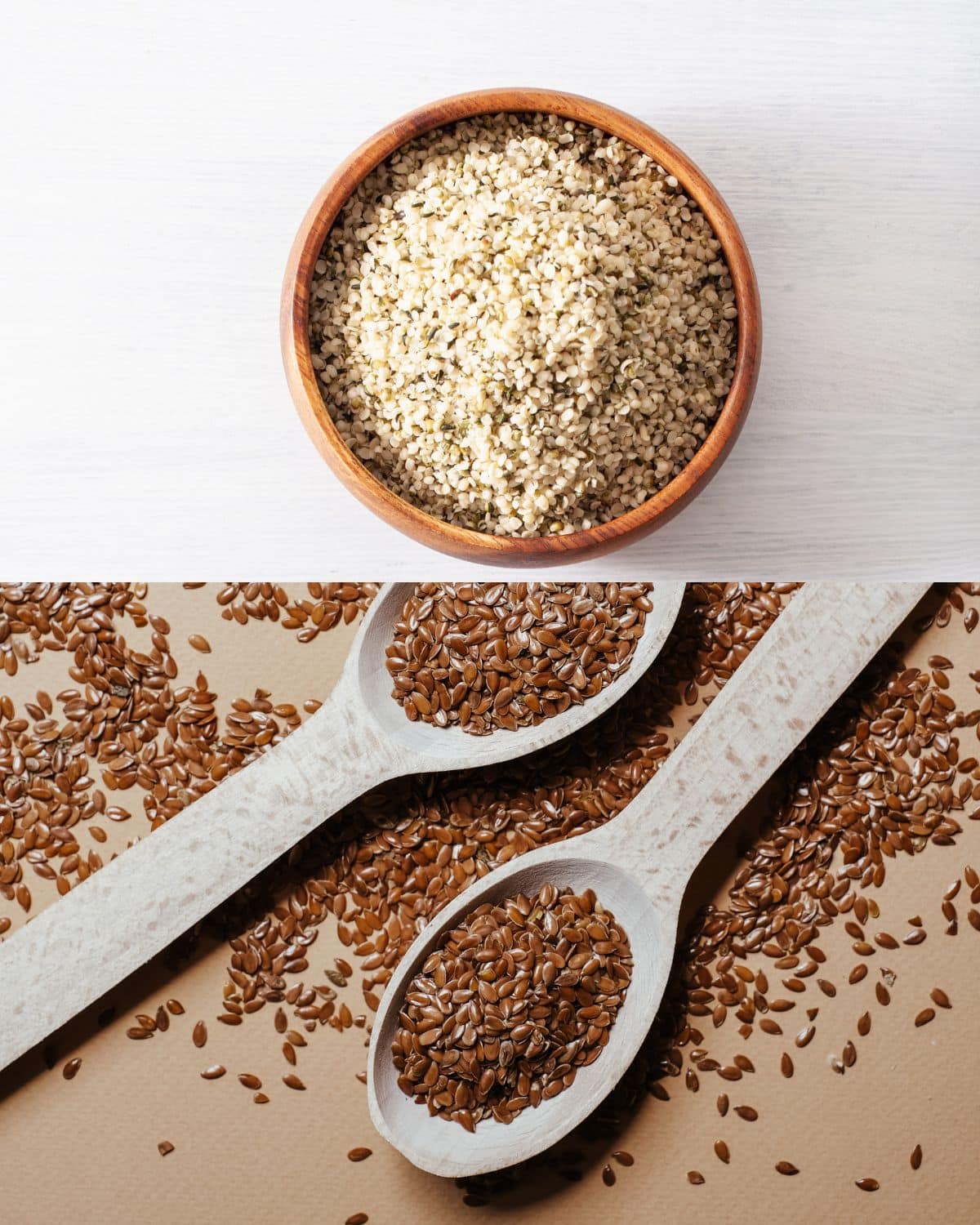
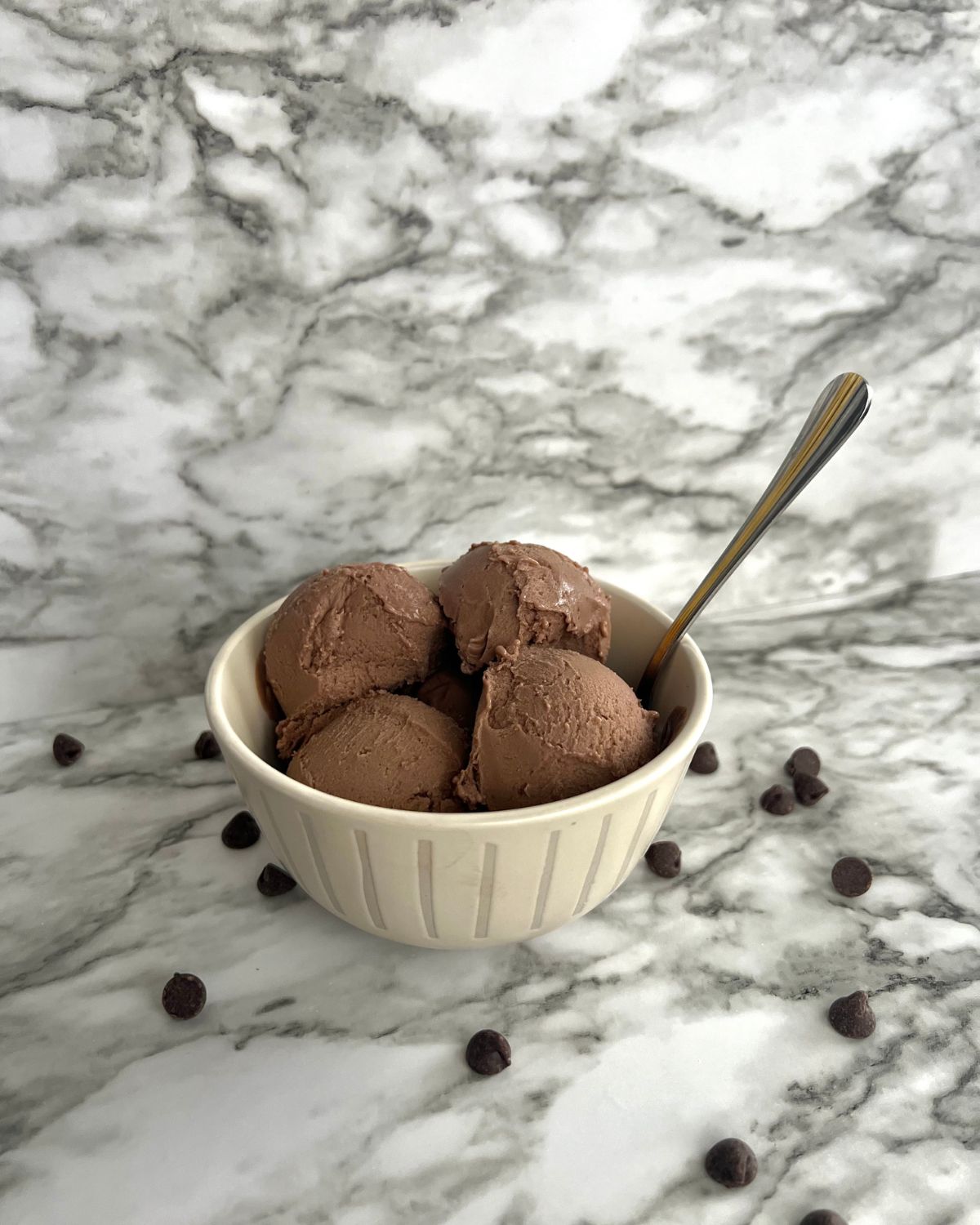
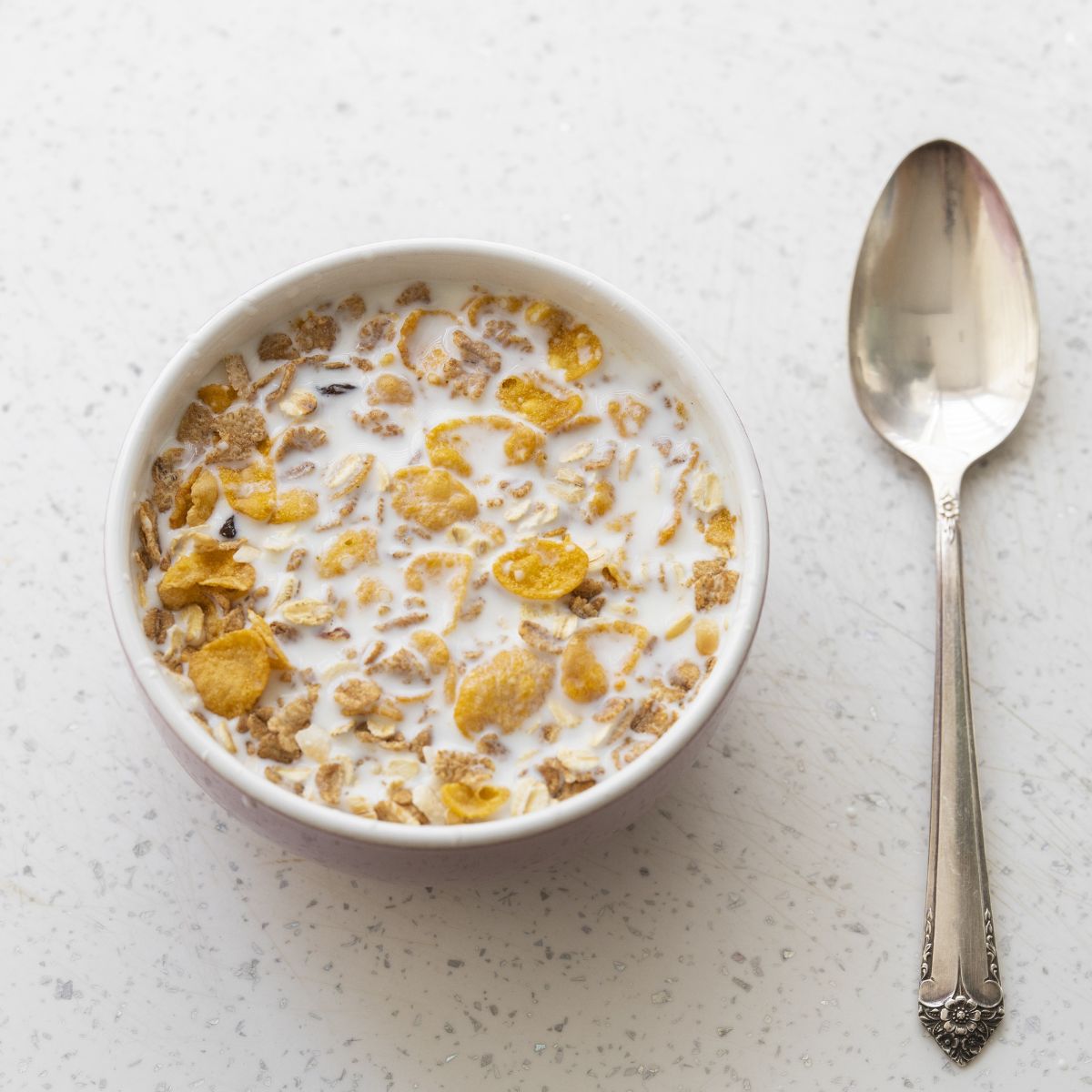

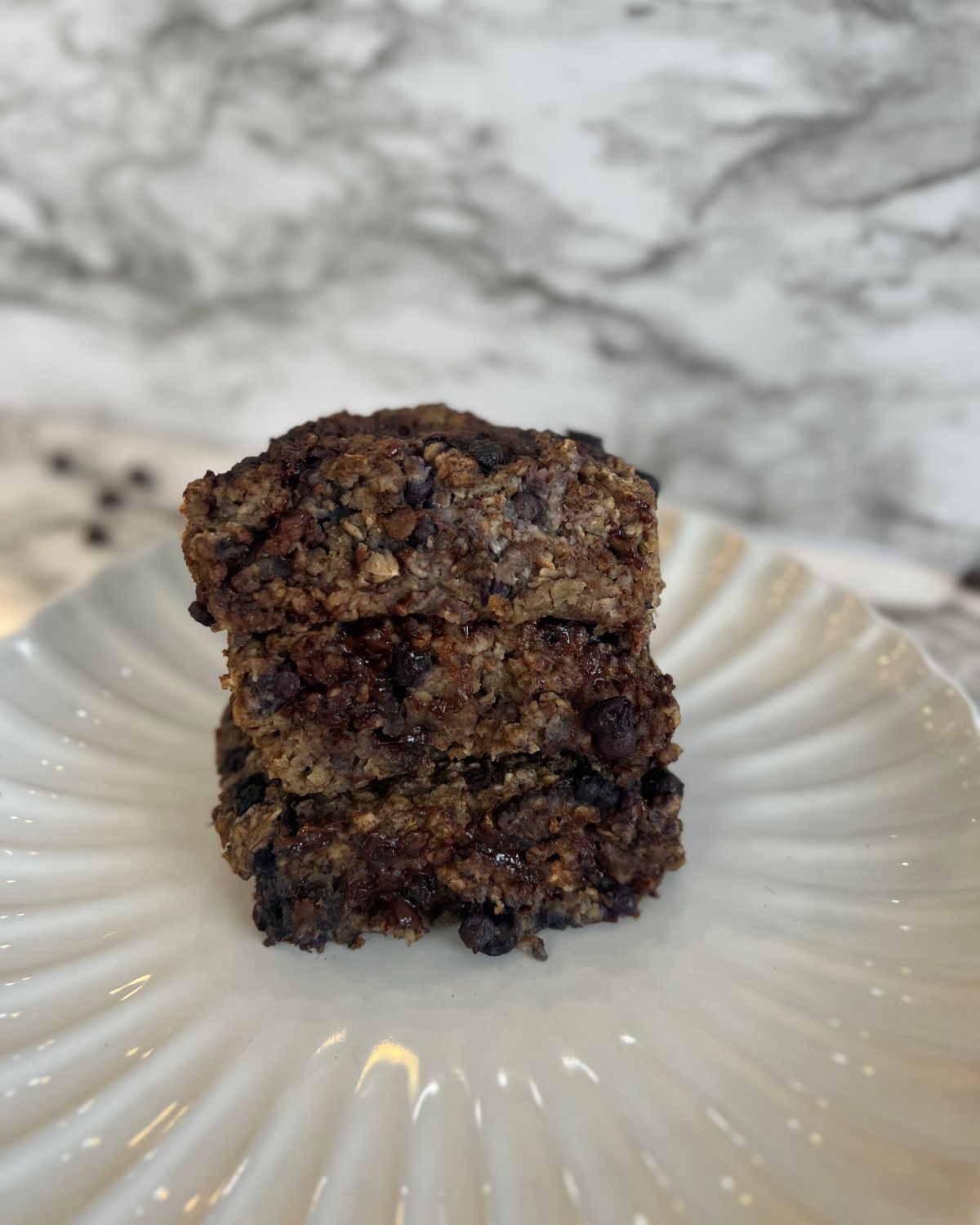
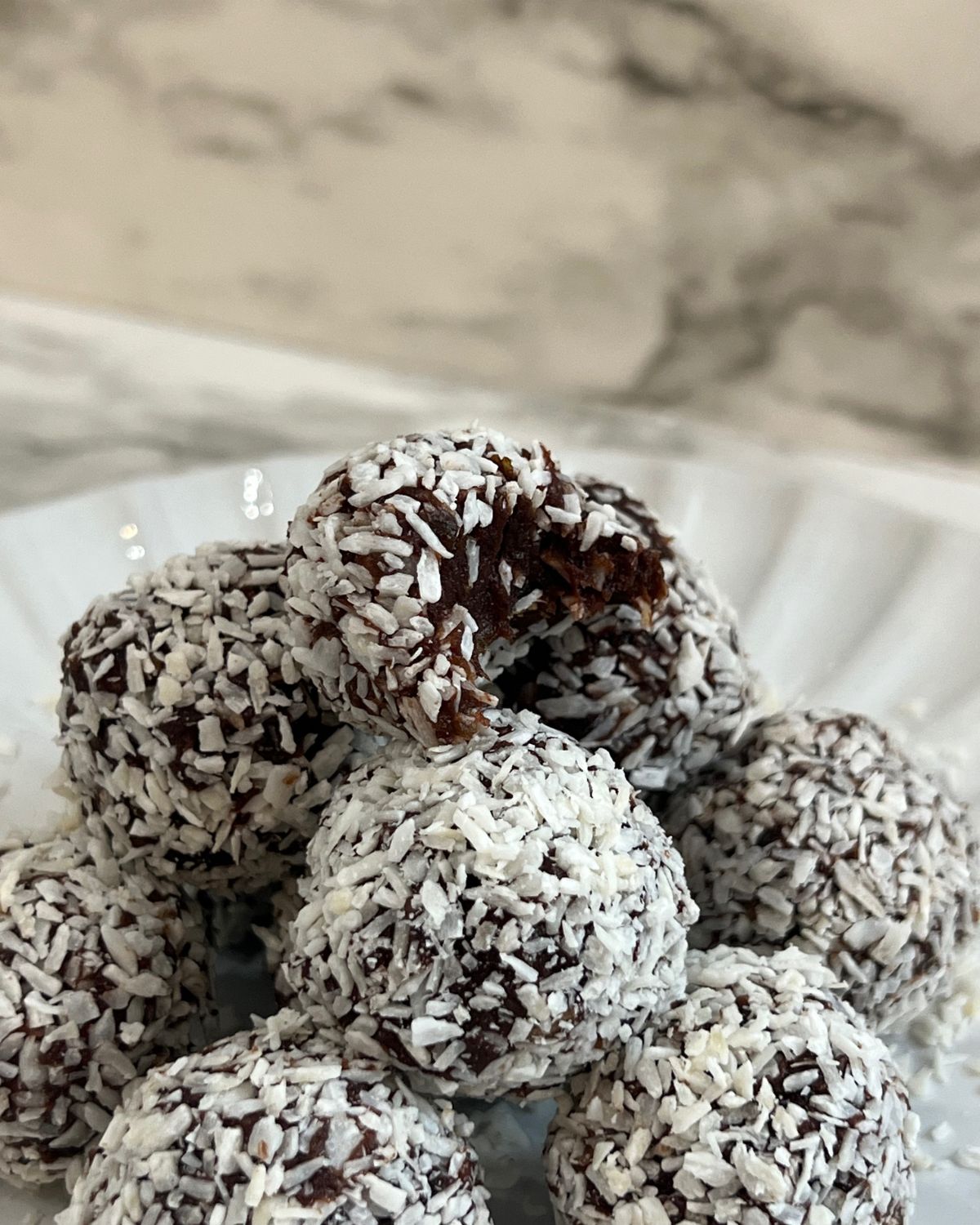

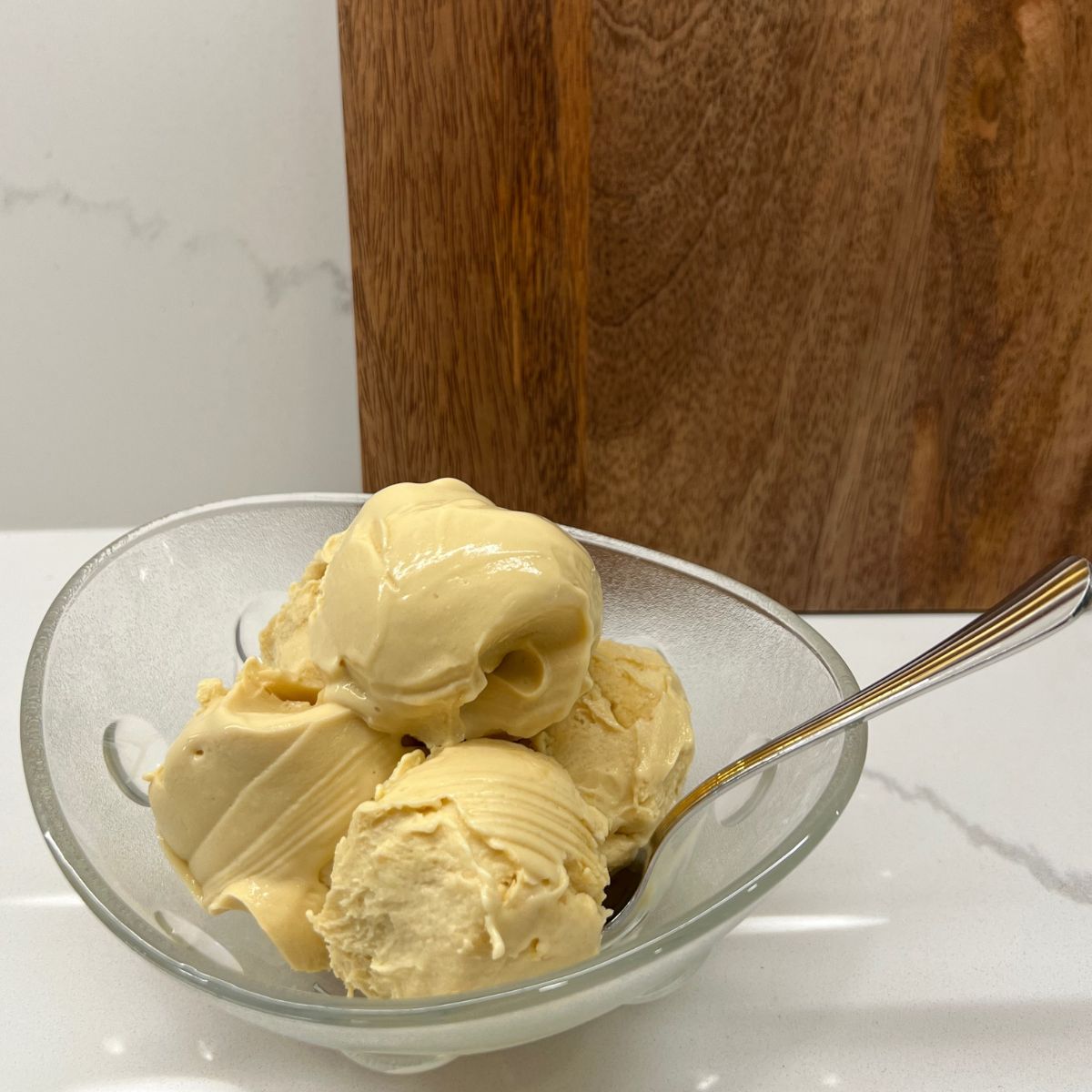
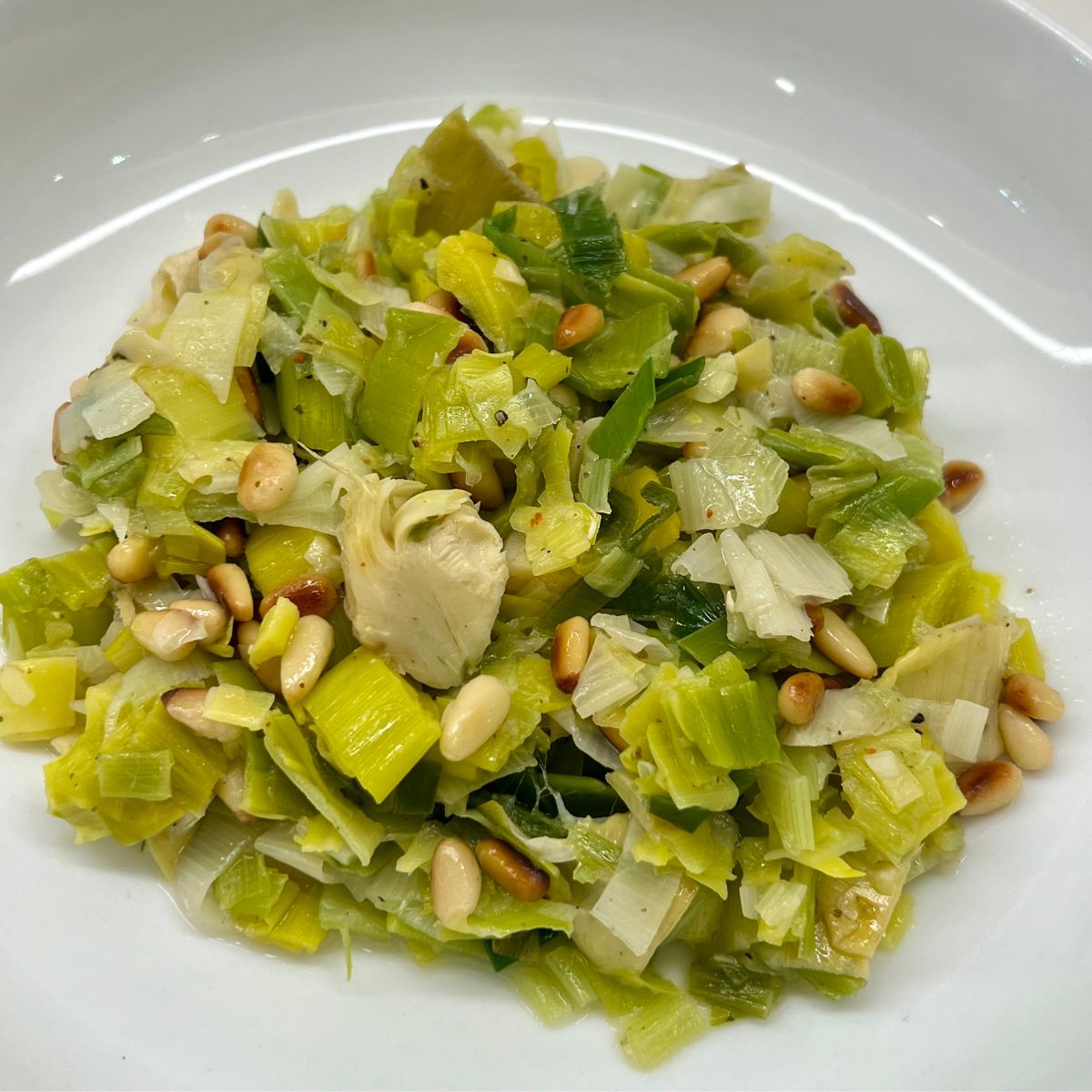
Comments
No Comments